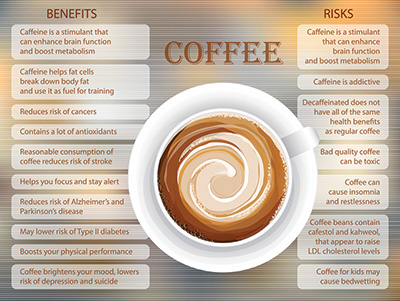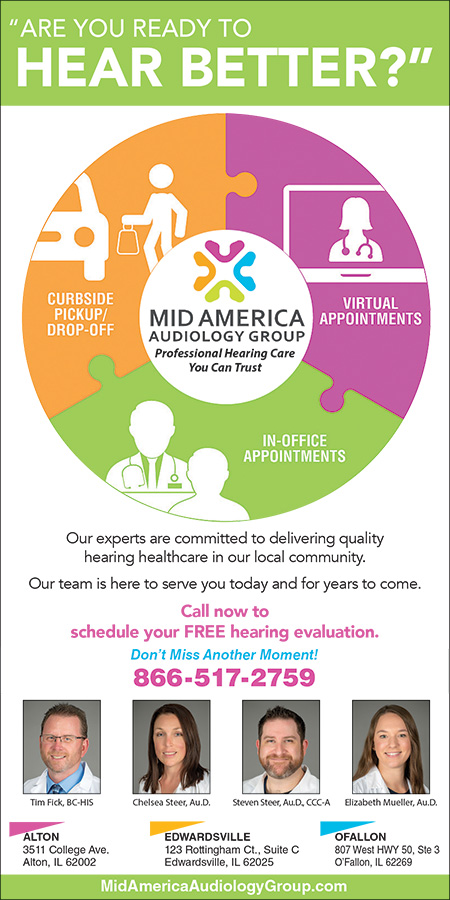
A cup of joe can help with everything from managing blood sugar to getting more from a workout
Caffeine lovers looking for a healthy way to get their daily fix have long been led to believe that tea offers greater health and wellness benefits. Not anymore. Nutrition experts and medical researchers are finding all kinds of reasons to recommend indulging in that cup of joe, most of them rooted in the fact that coffee is the a potent source of antioxidants.
“Coffee is abundant in bioactive compounds that promote health,” says Kristin Kirkpatrick, a registered dietitian at the Cleveland Clinic. As she explains, research published in The New England Journal of Medicine shows that these compounds may improve the gut microbiome (made up of healthy bacteria that aid in digestion and boost immunity) and reduce what’s called oxidative stress, which occurs when free radicals outnumber antioxidants in a way that leads to disease-causing cellular damage in the body.

“The beans also have a deep rich hue,” Kirkpatrick says, “and we know that the deeper the color of a plant, the more benefits we can expect for health.” Those benefits, research shows, translate into everything from lowering your risk of diabetes to potentially boosting your brain health.
It’s hard to look at just one aspect of diet and connect it to a health condition because so many other factors that could play a role. For example, early research on coffee didn’t always take into account that heavy coffee drinkers also tended to use tobacco and be sedentary.
When newer studies adjusted for such factors, they found a possible association between coffee and decreased mortality. Coffee may offer some protection against:
- Parkinson’s disease.
- Type 2 diabetes.
- Liver disease, including liver cancer.
- Heart attack and stroke.
BUT THERE ARE RISKS
Because caffeine can enhance physical performance and cognitive function, it is a popular pre-workout beverage. Although research has shown it can improve athletic performance, especially in endurance athletes, be aware of the risks of caffeine. For example, it can cause insomnia, jitters and stomach ache.
Coffee still has potential risks, mostly due to its high caffeine content. For example, it can temporarily raise blood pressure. Women who are pregnant, trying to become pregnant or breastfeeding need to be cautious about caffeine. High intake of boiled, unfiltered coffee has been associated with mild increase in cholesterol levels.
The bottom line? Your coffee habit is probably fine and may even have some benefits. But if you have side effects from coffee, such as heartburn, nervousness or insomnia, consider cutting back.
Moderation, of course, is key. According to dietary guidelines, three to five 8-ounce cups of coffee — or up to 400 mg of caffeine — per day can be part of a healthy diet. But that’s true only for plain black coffee, not cappuccinos, lattes and macchiatos, which are typically high in calories, sugar and fat.
Keep in mind that “some medications or health conditions may limit your tolerance to caffeine or its safety profile, so discuss this with your health care provider.


